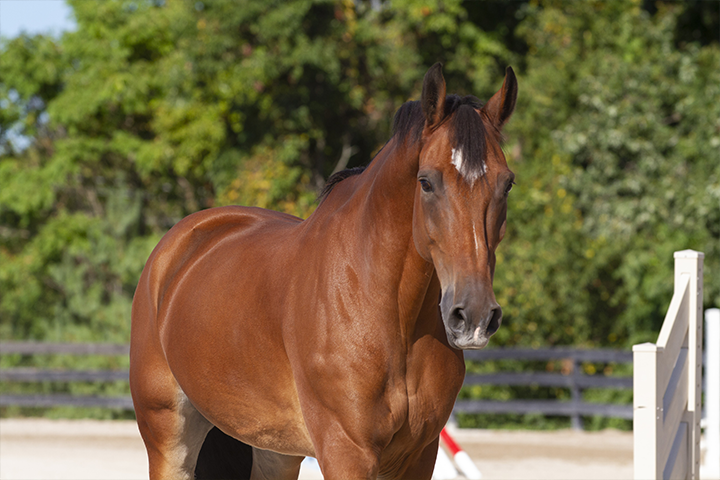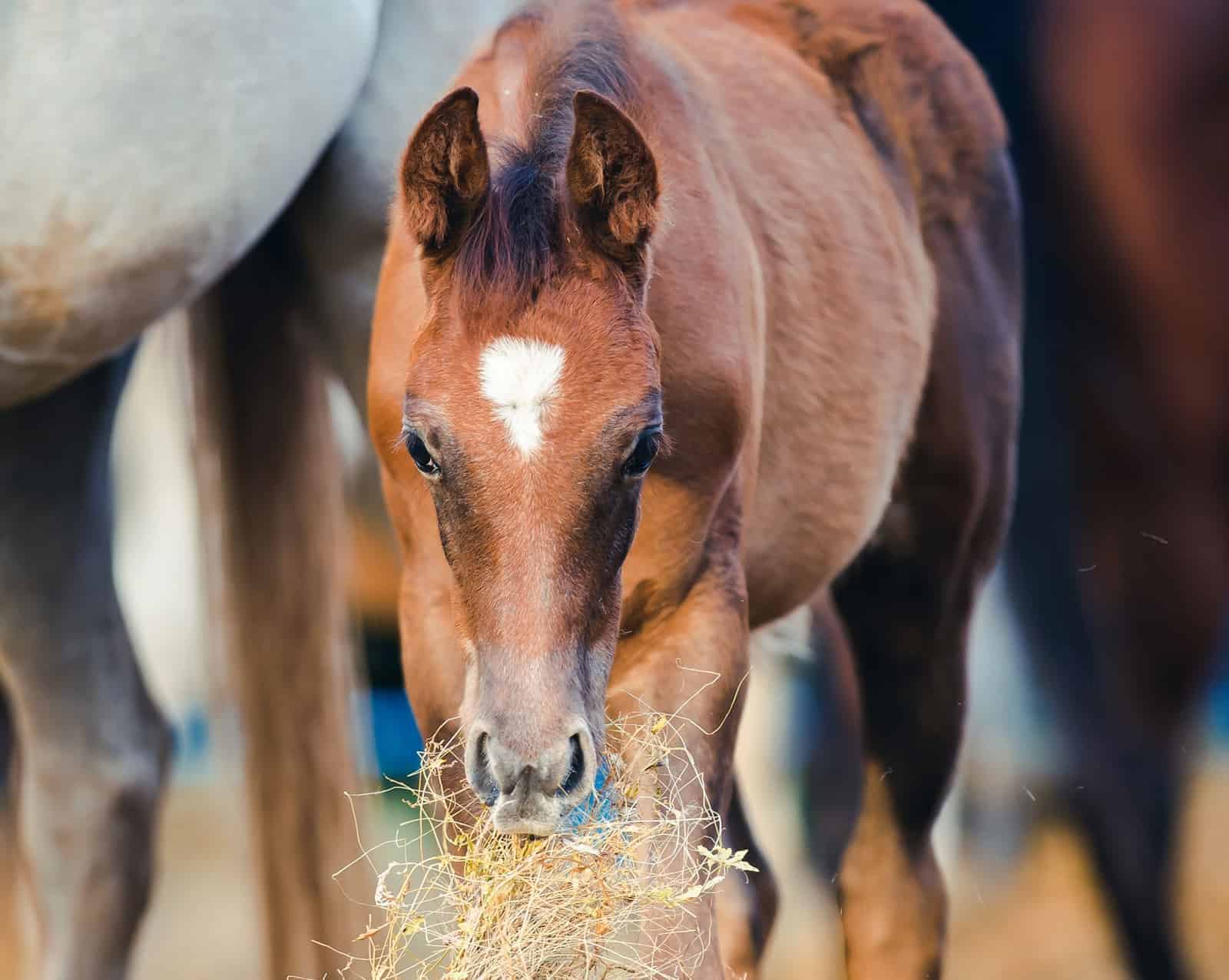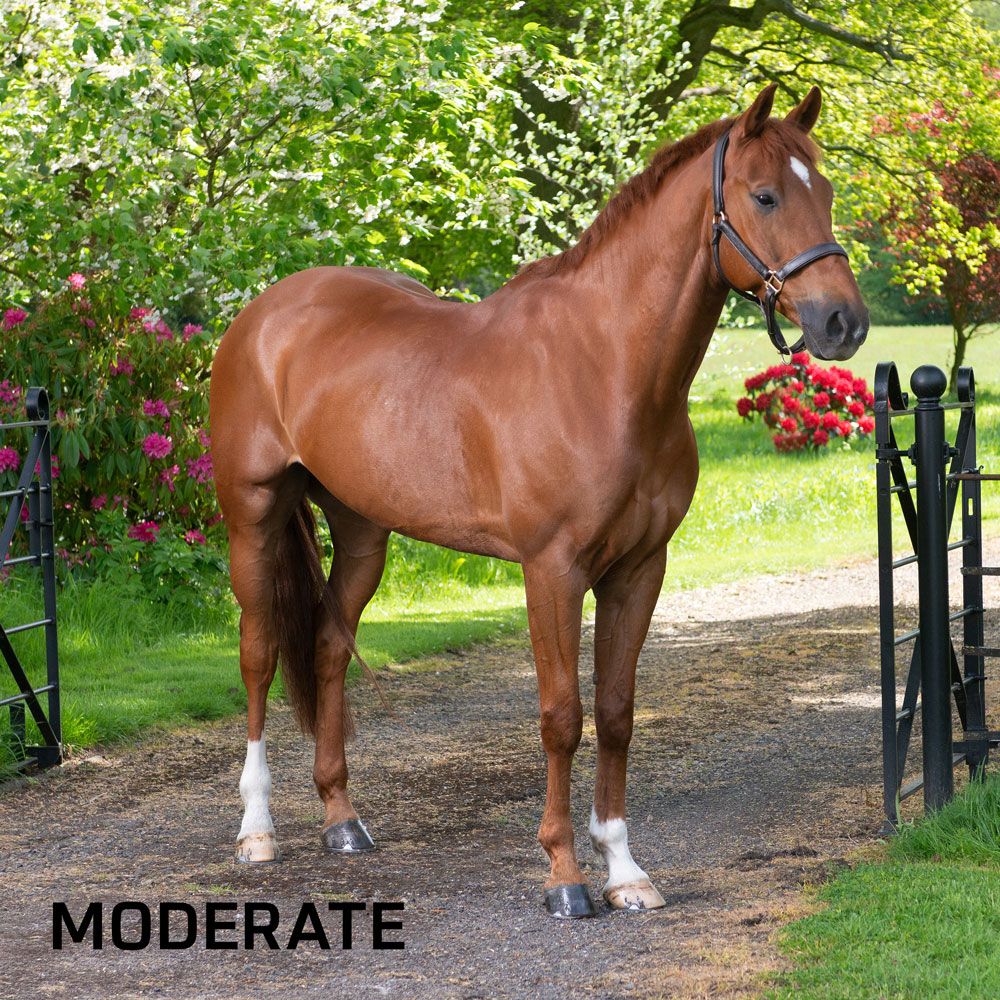Feeding Horses with Growth Disorders: A Comprehensive Guide

Feeding horses with growth disorders requires special attention to ensure their health and development are supported optimally. Growth disorders in horses can manifest as delayed growth, uneven limb development, or metabolic imbalances that affect their overall well-being. Proper nutrition plays a crucial role in managing these conditions.
Understanding Growth Disorders in Horses

Growth disorders can be caused by genetic factors, nutritional deficiencies, or environmental influences. Common types include:
| Disorder Type | Description | Common Signs |
|---|---|---|
| Angular Limb Deformity | Abnormal angulation of limbs affecting gait | Uneven limb length, lameness |
| Developmental Orthopedic Disease (DOD) | Group of conditions affecting bone and cartilage growth | Swelling, joint pain, stiffness |
| Nutritional Imbalance | Deficiency or excess of nutrients impacting growth | Poor coat, stunted growth |
Nutritional Strategies for Horses with Growth Disorders
- Balanced Diet: Ensure the diet includes appropriate levels of protein, vitamins (especially A, D, and E), and minerals like calcium and phosphorus.
- Controlled Energy Intake: Avoid overfeeding energy-rich feeds to prevent rapid growth that can exacerbate disorders.
- Supplementation: Use supplements such as omega-3 fatty acids and glucosamine to support joint health.
- Regular Monitoring: Adjust feeding plans based on growth progress and veterinary advice.
Sample Feeding Plan
| Feed Type | Purpose | Quantity (per day) |
|---|---|---|
| High-quality forage | Base diet, fiber source | 1.5-2% of body weight |
| Concentrates | Energy and protein source | According to growth needs |
| Mineral supplements | Correct imbalances | As recommended |
Common Challenges and Solutions
- Overfeeding: Can lead to obesity and worsen growth issues. Solution: Measure feed accurately.
- Nutrient Deficiencies: May cause delayed growth. Solution: Use balanced commercial feeds or supplements.
- Stress and Environment: Poor living conditions affect growth. Solution: Provide clean, safe housing and reduce stressors.
Frequently Asked Questions (FAQ)
Q1: Can growth disorders be completely cured with diet?
A1: While diet significantly helps manage symptoms and support healthy development, some genetic disorders may require additional medical intervention.
Q2: How often should I adjust my horse’s diet?
A2: Regularly, based on growth progress and veterinary recommendations, typically every few months.
Q3: Are supplements necessary for all horses with growth disorders?
A3: Not always, but they can be beneficial in supporting joint and bone health when recommended by a vet.
Proper feeding tailored to the needs of horses with growth disorders can improve their quality of life and promote healthier development. Always consult with a veterinarian or equine nutritionist to create the best feeding strategy for your horse.
